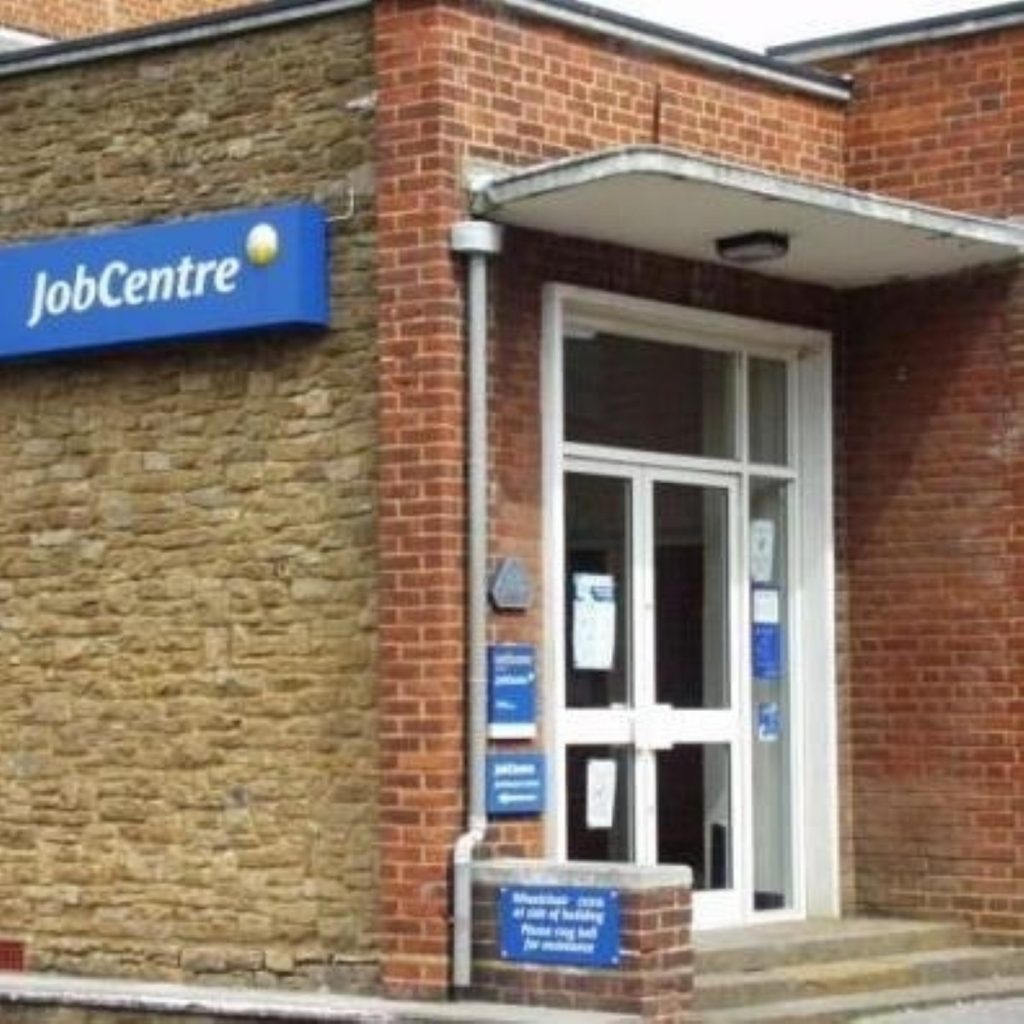Employment up but wages lag behind inflation
Wages have failed to keep pace with the rising cost of living, figures suggest.
Data from the Office of National Statistics show average wages excluding bonuses rose by 3.8 per cent in the year to December 2007.
This marked a fall from the four per cent growth seen in November but more significantly is below many price increases.
Although inflation as measured by the consumer price index (CPI) stood at 2.1 per cent in December, critics claim this fails to account for many common expenses such as mortgage repayments.


Moreover, CPI inflation appears once again to be rising, with the Bank of England reporting yesterday it had increased to 2.2 per cent in January.
The retail price index (RPI), which is considered to be a more comprehensive measure of inflation, stood at 4.1 per cent last month.
The Conservatives claim that in real-terms wages have stagnated since Labour won a third-election term in 2005.
From January 2006 to December 2007, average earnings rose 7.2 per cent but RPI inflation increased 8.3 per cent.
Shadow chief secretary to the Treasury Philip Hammond said the trend was “a kick in the teeth” to hard-working families.
Mr Hammond said: “These figures confirm what ordinary people already feel in their wallets. Over the last two years stealth taxes and soaring prices have outstripped pay rises, leaving people worse off.
“The legacy of Gordon Brown’s economic incompetence is falling take-home pay and falling real living standards.”
But further figures published today show employment is at a record high with nearly 29.4 million people in work.
Job Seekers’ Allowance claimants have fallen for 16 consecutive months, with 794,600 people on the dole and an employment rate of nearly 75 per cent.
Employment minister Stephen Timms said: “These figures show we continue to have a strong and stable labour market with both record numbers in employment and the lowest claimant count for 32 years.
“Our welfare reform policies are improving the opportunities for people that have traditionally been the hardest to reach, helping them to make the move off benefits and into work.
“With the right help and support more people are able to take up jobs and provide for themselves and their families where before this didn’t seem an option.”












